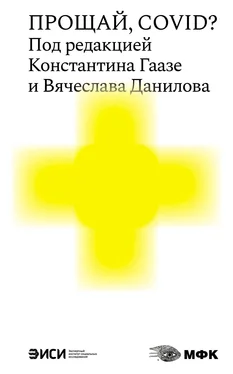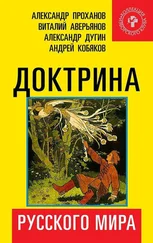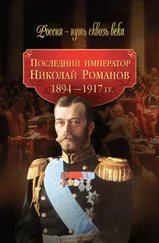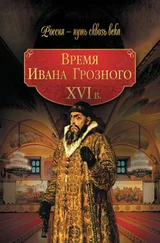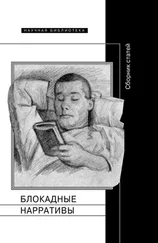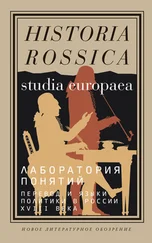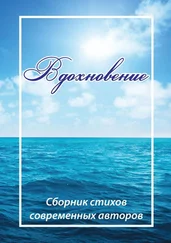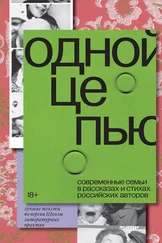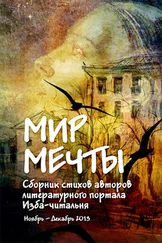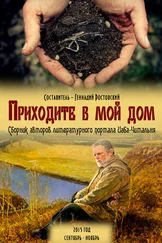В рубрике Scio (Знание) собраны тексты, рассматривающие проблему столкновения с COVID-19 сквозь призму эпистемологии и спекулятивной философии. Рубрика Aŭtonomeco (Автономии) представляет это столкновение в оптике личного онтологического и этического опыта. Reagoj (Реакции) – тексты, трактующие тем или иным образом реактивную природу этого столкновения, которое не создает нового, но перемешивает и переозначивает тот набор карт, идей и ситуаций, в чьем распоряжении мы были и до пандемии. Рубрика Societo (Общество) собрала тексты, посвященные в широком смысле слова социальным структурам, которые оказались проявлены, актуализированы, задеты или разрушены пандемией.
Обычных слов благодарности в адрес авторов сборника и тех, кто помогал его появлению на свет, недостаточно. Поскольку речь идет о чем-то вроде чуда. Идея публикации этого сборника получала одобрение и поддержку ото всех, к кому мы обращались, с первой же попытки. Авторы – философы, политологи, социологи – согласились в немыслимо короткие сроки написать тексты для этого сборника. Зарубежные коллеги без уговоров и проволочек помогали со всеми возникающими сложностями. Экспертный институт социальных исследований, несмотря на очевидную авантюрность задумки (книжка за два месяца? так не бывает!), предоставил необходимое финансирование. Коллеги из редакции журнала «Логос» и Издательства Института Гайдара, не задавая лишних вопросов, авансом подставили нам товарищеское плечо и сразу согласились выступить издателями. От момента рождения этой безумной идеи до появления чернового макета книги прошло меньше полутора месяцев – космические по любым меркам сроки.
«Мир никогда не будет прежним» – кажется, так звучит главная постковидная мантра. Мы не совсем с этим согласны. Другой мир есть, и он существует вне зависимости от эпидемий и кризисов. Этот другой мир называется Respublica Literaria, и артефакт из него вы сейчас держите в своих руках.
Московский философский кружок,
июнь 2020 года
Introduction On the Productivity of Itching
It’s hard to say who wins in the three thousand years game “philosophy VS epidemics”. Epimenides, according to Diogenes, saved Athens from pestilence. Marcus Aurelius in the midst of the Antonine plague wrote “Treatise to Himself”, perhaps one of the main works of the late Stoicism. Thomas Hobbes survived two or even three epidemics, but, was accused of blasphemy, which, according to Parliament, caused the plague and the Great Fire of London in 1666. Because of it he fell victim to the royal ban on philosophizing, and until the end of his life was engaged only in mathematics and translations. Immanuel Kant escaped at least three flu epidemics, practicing celibacy and strict daily routines. Hegel died of cholera. Kierkegaard – from tuberculosis, possibly exacerbated by the flu. Max Weber, possibly from a Spanish flu.
In case of COVID-19 pandemic we can say that philosophy probably wins this one, albeit not with a crushing score. Shakira, sitting on self-isolation, studied Plato and graduated from a four-week course of classical Greek philosophy at the University of Pennsylvania. Slavoj Zizek on self-isolation wrote so many op-eds on the pandemic that it was enough to manage the book.
For humanitarian knowledge, this pandemic means the same as the 1991 Gulf War meant for the media. That was the first live war that had been televising and happening at once. This is the first pandemic, reflected by philosophers and social theorists live, here and now, in an innumerable accessible form. Columns, articles, op-eds, blog posts – if there is feast during the plague, during this we managed to look at the feast of the spirit.
However, the founders of Moscow Philosophical Circle weren’t able to calmly enjoy the accessibility of the fruits of enlightenment and the steady flow of first-class humanitarian texts. Pillars of the English-, French-, German-, Italian-, Hispanic-language humanitarian scenes, did not tear themselves away from desks to produce texts on coronavirus. The Russian language as a tool of thought, having fallen into quarantine, flourished anywhere: in the heated debates of faculties at Zoom, in dialogs on YouTube and fleeting skirmishes on Facebook. But didn’t want to lie down on paper. Iconic figures of modern philosophy seemed to us as if asking: what did you write during the quarantine, besides fifty Facebook comments and three posts? Perhaps it was a conscience. Rather, it was the very itch that Socrates describes in Plato’s “Philebus”.
The book you are holding is the product of this itch. It is unique for several reasons.
First, it gives a panoramic picture of the phenomenon that mankind encountered in the first half of 2020. In terms of the coverage of the plots given to us by the pandemic for observation and evaluation. In terms of the scatter of points of view. And in terms of the focus and sharpness of the advanced estimates and proposed arguments.
Second, it is a multi-party book. If we can call SARS-CoV-2 a thing, then this is its full-fledged democratic parliament. The Russian intellectual space has long been marked by demarcation lines protecting the integrity and hermeticity of intellectual camps. “Goodbye COVID?” behaves as if these lines do not exist. Left, right, liberal, communist, statist, and anarchist points of view and argumentation systems are presented here on an equal footing. And no, neither the world nor this book collapsed from an unexpected or even provocative neighborhood. On the contrary, they became more voluminous and enlightened.
Thirdly, as it seems to us, this book is a good example of how should work a conscious attitude toward those forms of inequality that have no place in science and academia. We are talking about gender, ranks, and merits, about the age and differences in academic statuses. Absolute equality is still only a mathematical function, but we tried to get to it as close as was possible.
The collection consists of four sections. Choosing names for them we could not resist the temptation to play a game with the nomen of the virus that hit the world – SARS. To emphasize the inconceivable expressiveness of COVID-19, we used words of Esperanto, not live, not dead, not purely artificial, but not a natural language, the justification for the existence of which could confuse anyone, as well as the justification for the existence of a virus that is too perfect, to be a pure offspring of nature.
Читать дальше
